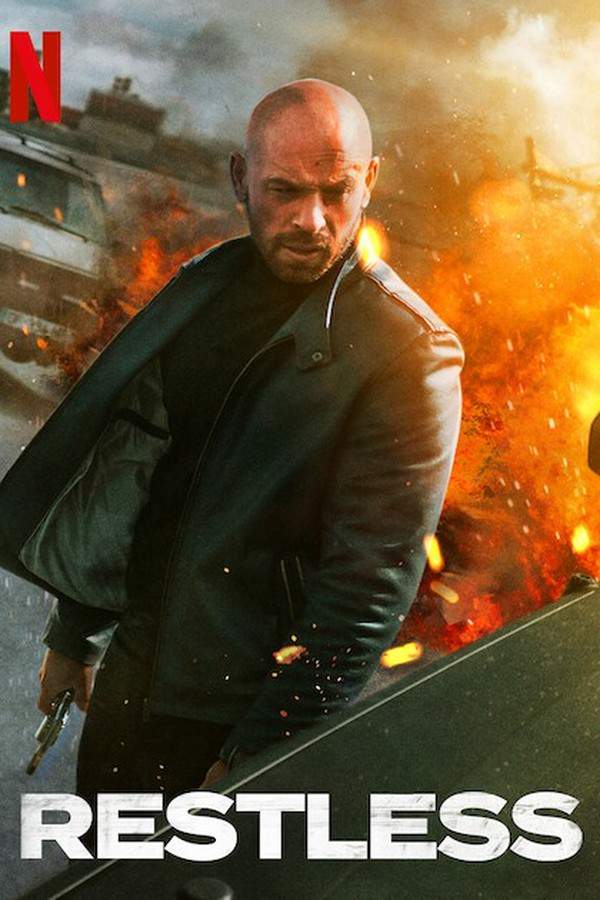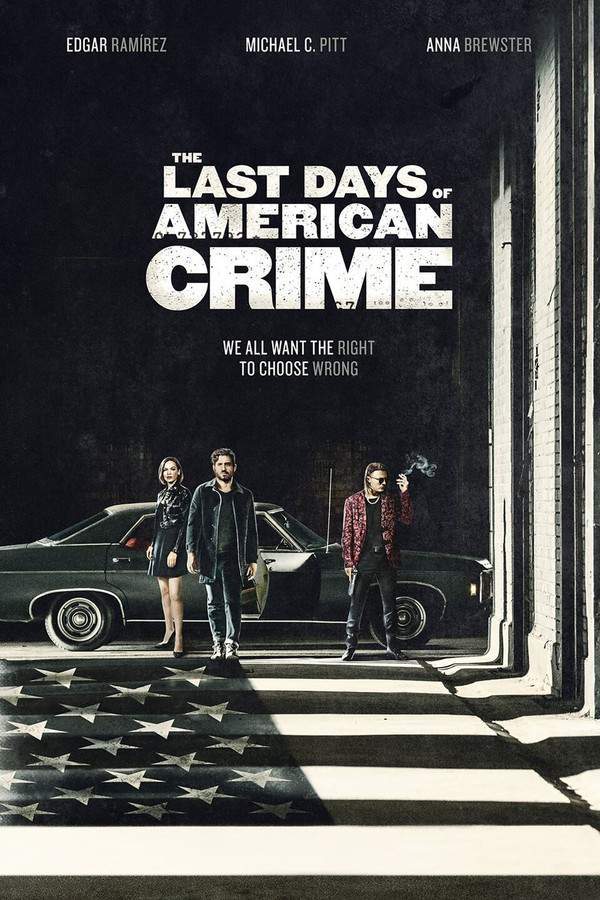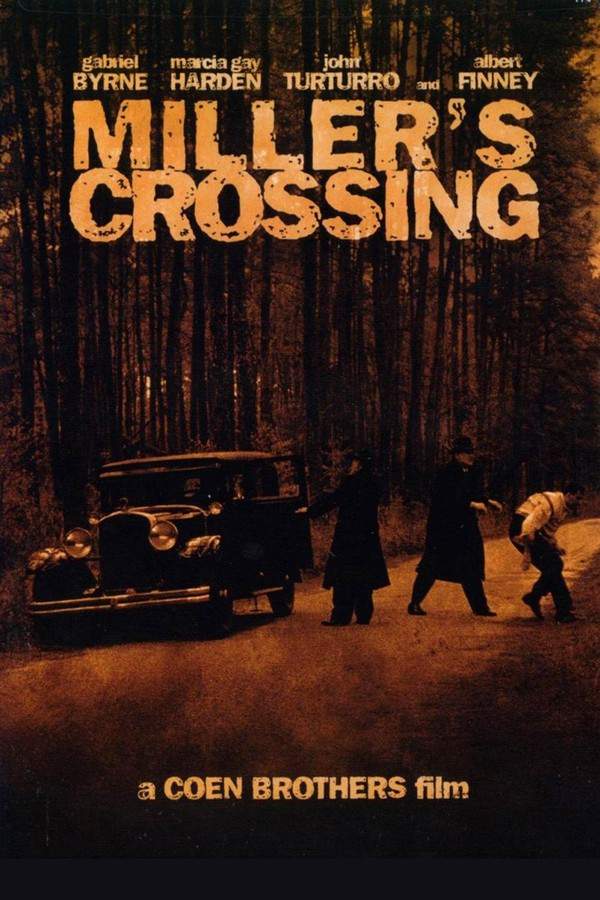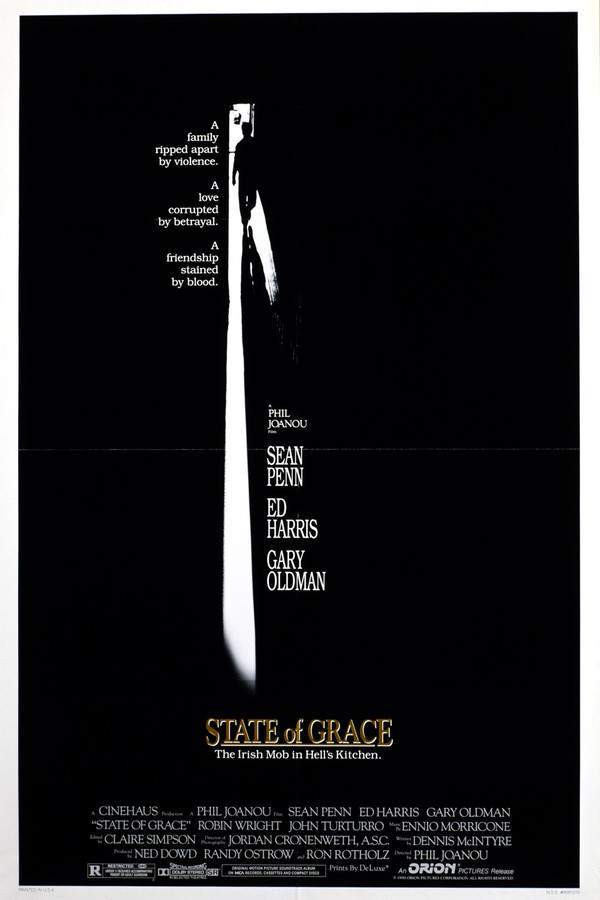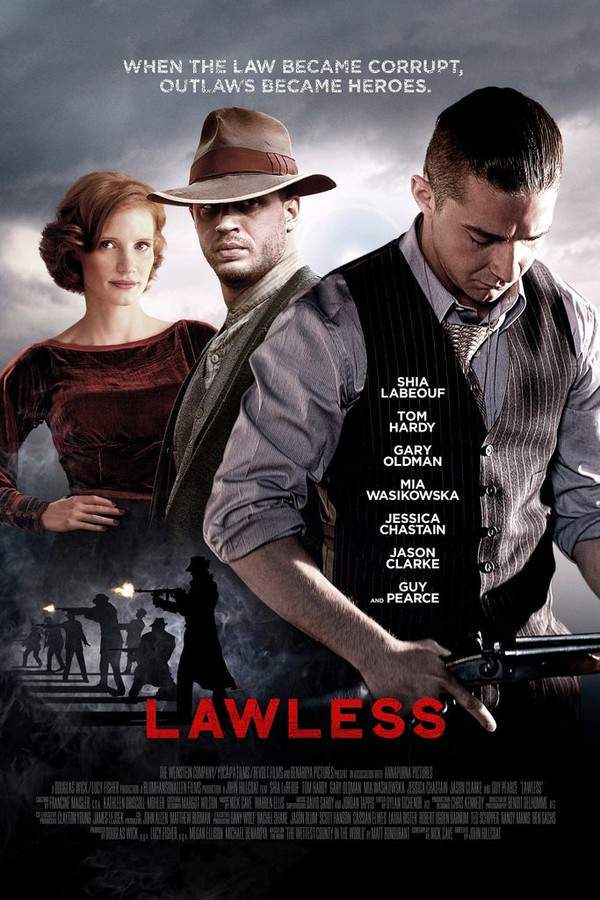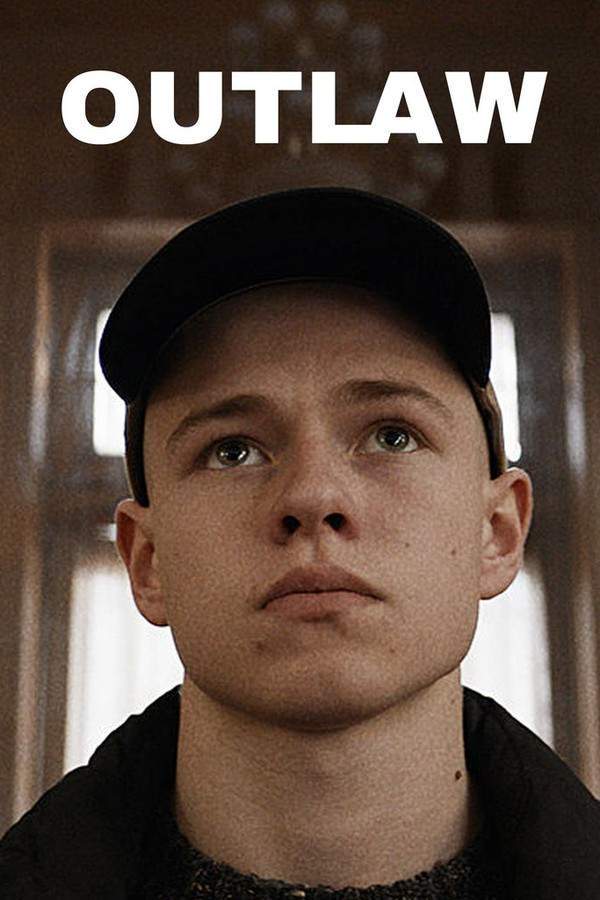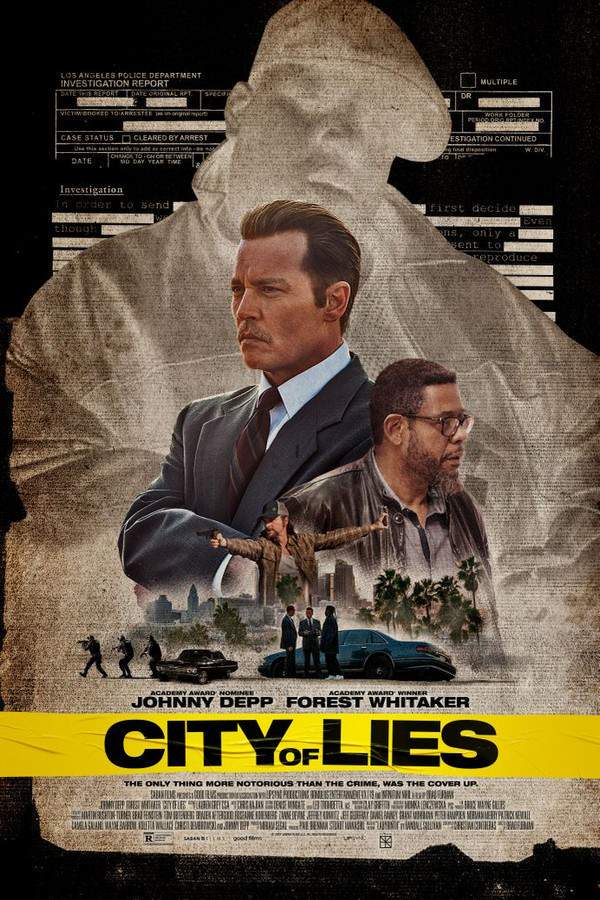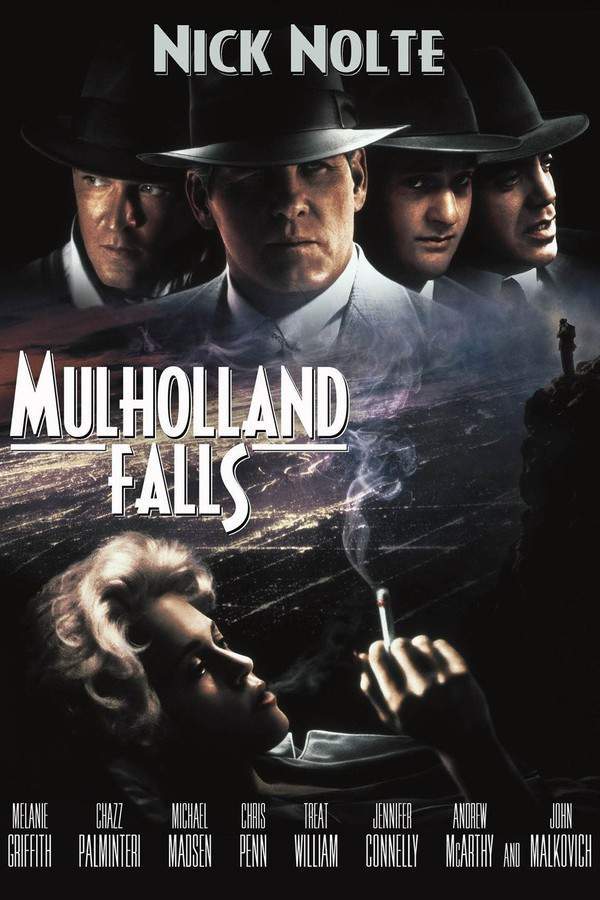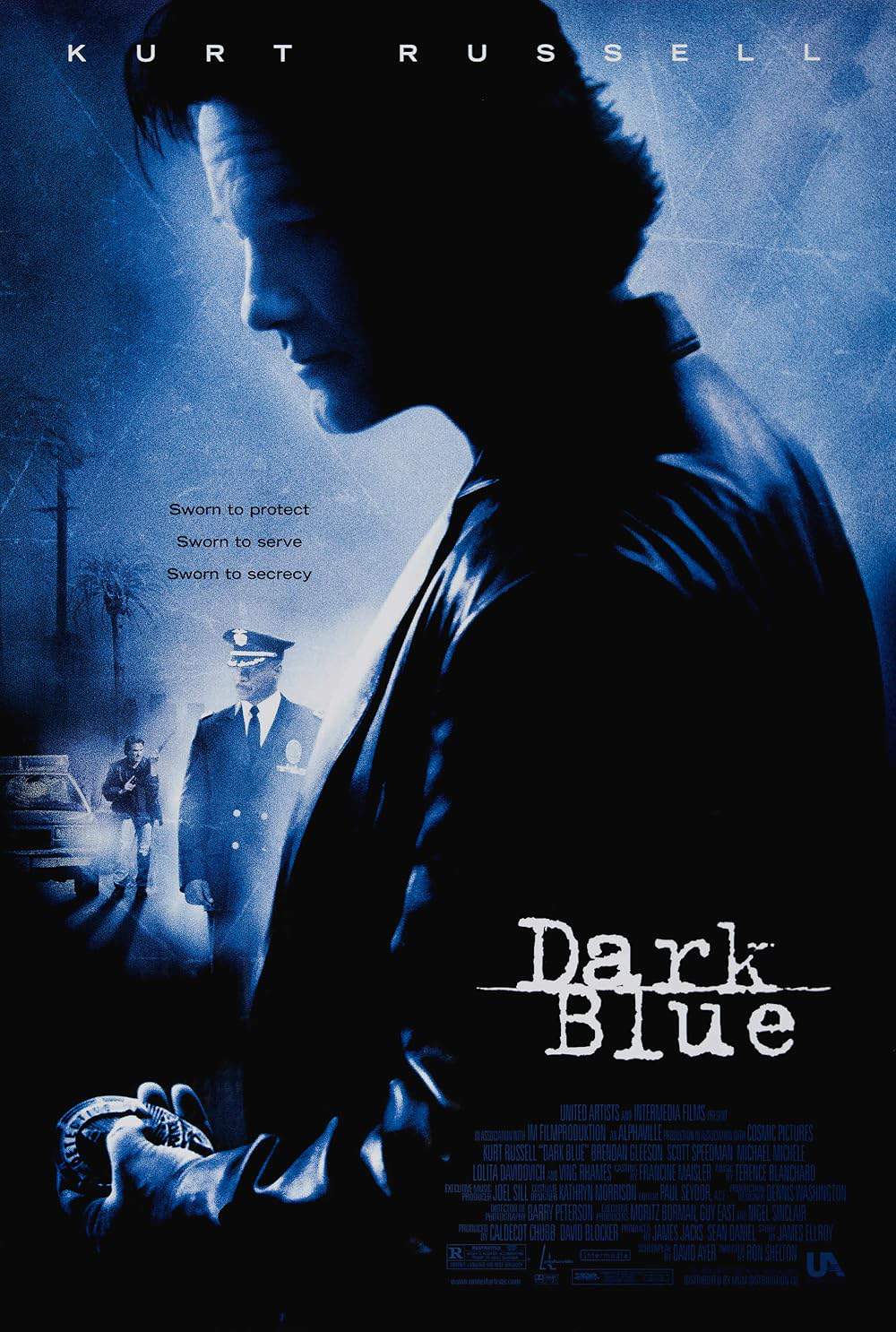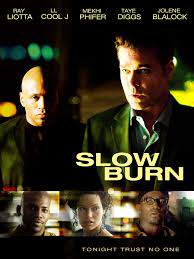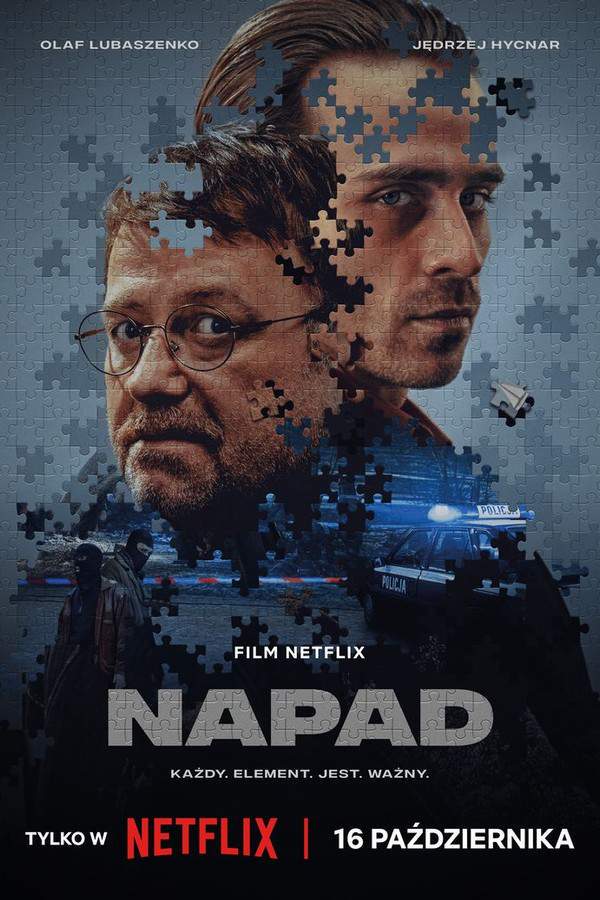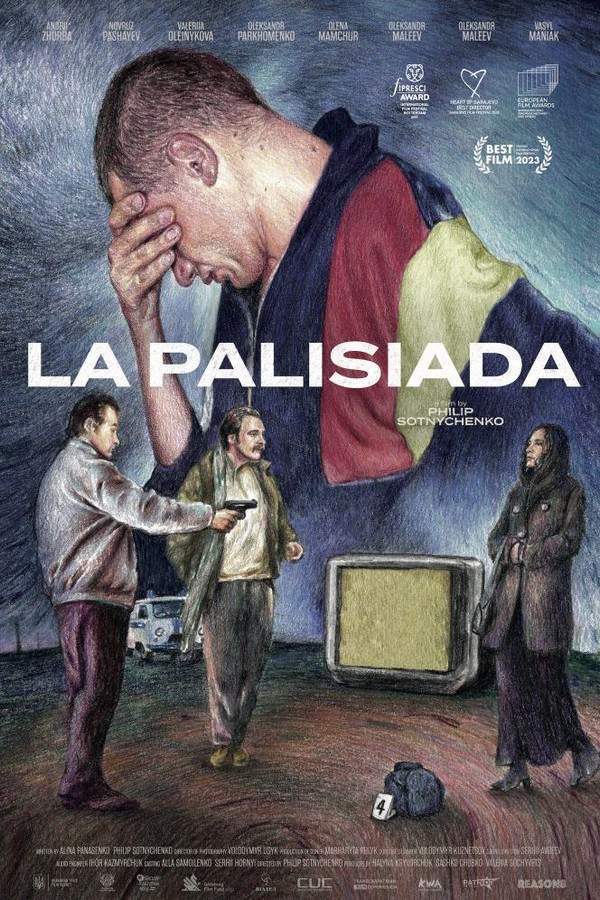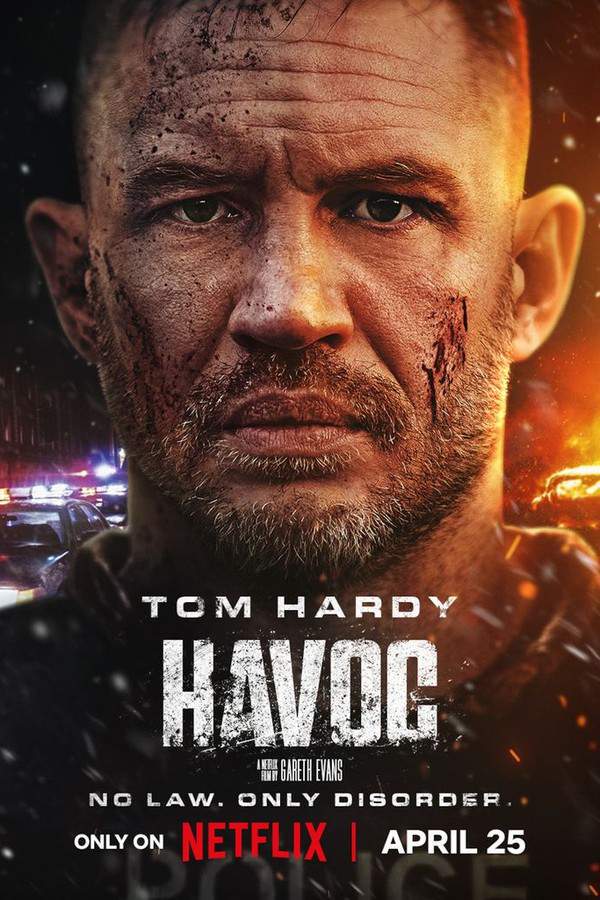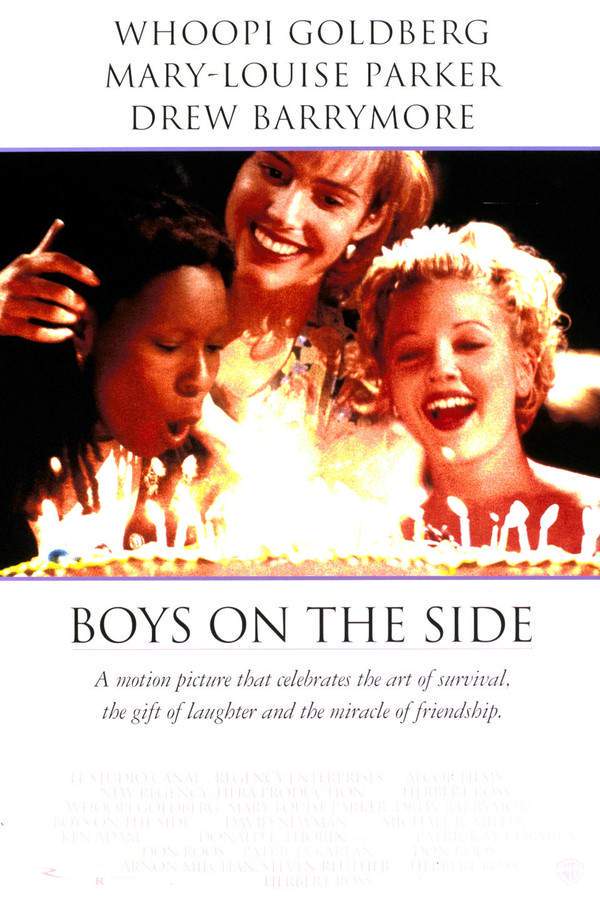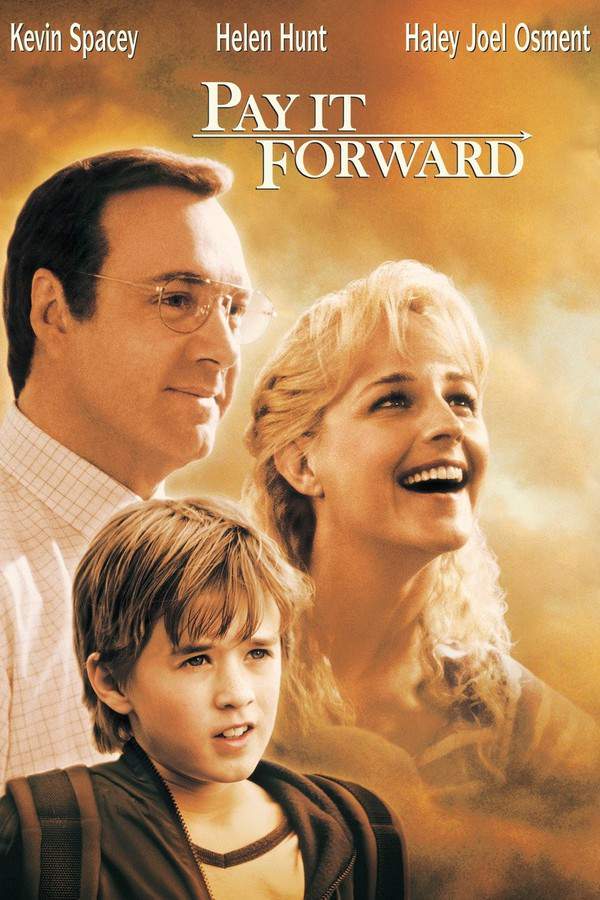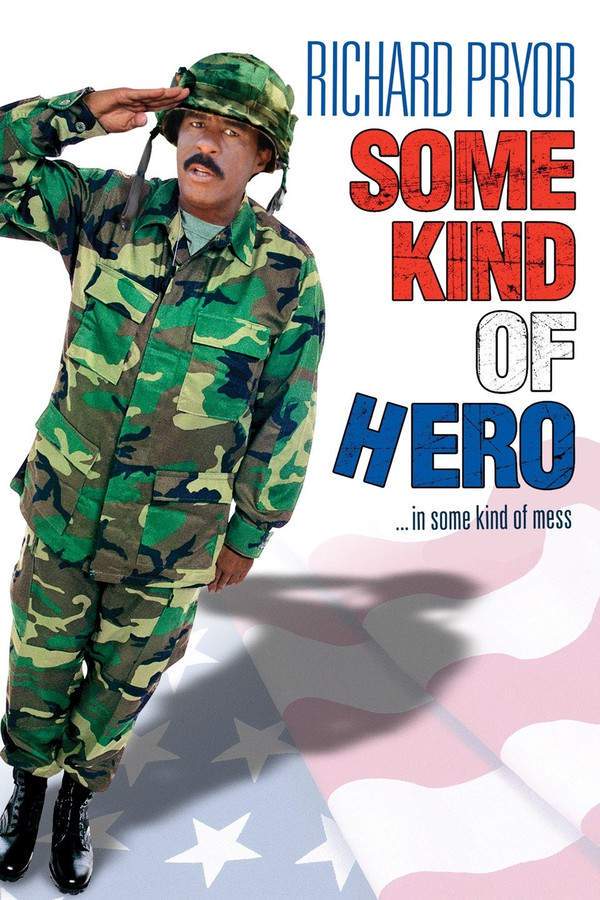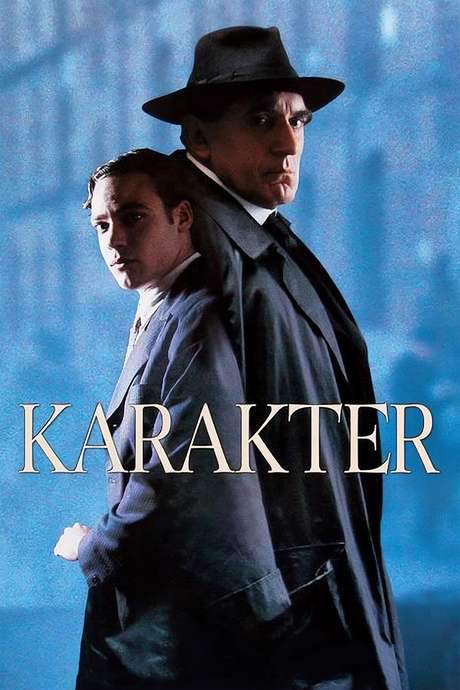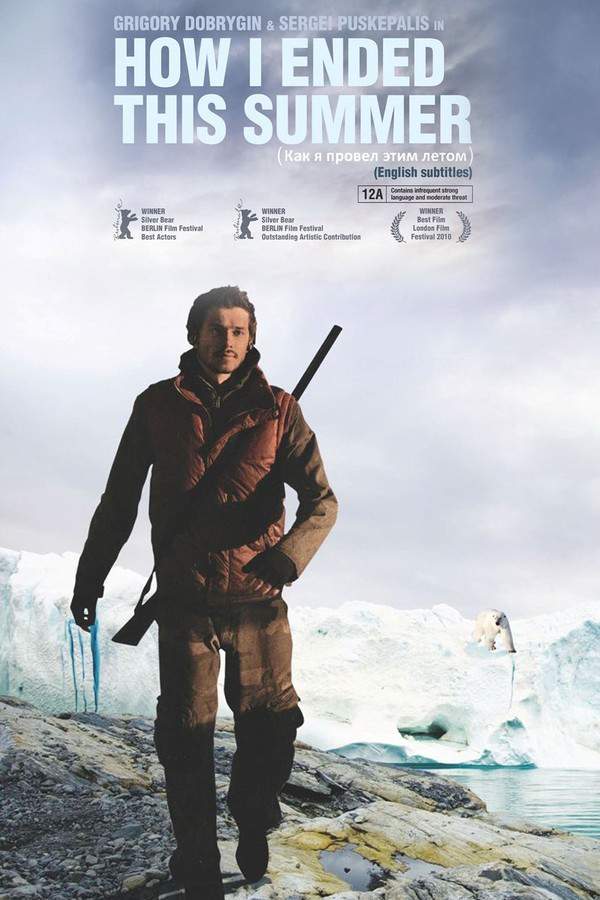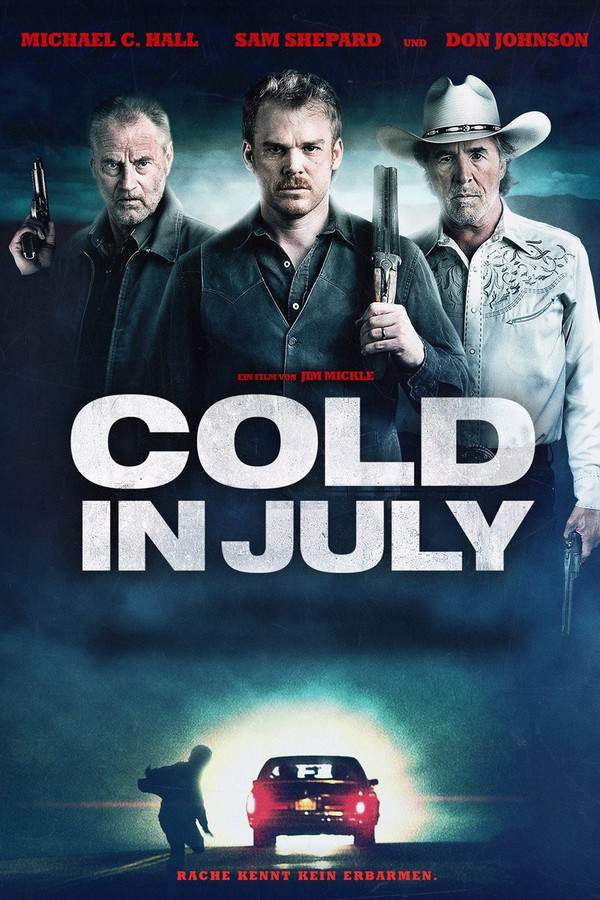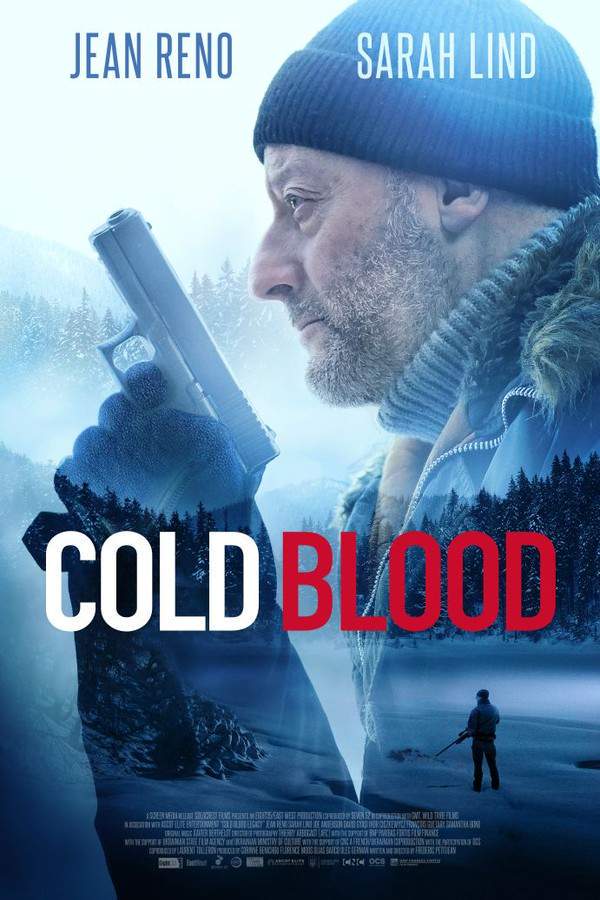
The Cold Summer of 1953
Year: 1988
Runtime: 101 mins
Language: Russian
Director: Aleksandr Proshkin
In the summer of 1953, the year Stalin died, the Soviet authorities freed numerous prisoners from the Gulag, many of whom were hardened criminals. A remote village is suddenly besieged by these violent ex‑inmates, while the locals, aided by two political prisoners, rally to defend their home. The desperate struggle reveals the harsh realities of post‑Stalin Russia.
Warning: spoilers below!
Haven’t seen The Cold Summer of 1953 yet? This summary contains major spoilers. Bookmark the page, watch the movie, and come back for the full breakdown. If you're ready, scroll on and relive the story!
Timeline & Setting – The Cold Summer of 1953 (1988)
Explore the full timeline and setting of The Cold Summer of 1953 (1988). Follow every major event in chronological order and see how the environment shapes the story, characters, and dramatic tension.
Last Updated: October 04, 2025 at 13:51
Main Characters – The Cold Summer of 1953 (1988)
Meet the key characters of The Cold Summer of 1953 (1988), with detailed profiles, motivations, and roles in the plot. Understand their emotional journeys and what they reveal about the film’s deeper themes.
Last Updated: October 04, 2025 at 13:51
Major Themes – The Cold Summer of 1953 (1988)
Explore the central themes of The Cold Summer of 1953 (1988), from psychological, social, and emotional dimensions to philosophical messages. Understand what the film is really saying beneath the surface.
Last Updated: October 04, 2025 at 13:51
Explore Movie Threads
Discover curated groups of movies connected by mood, themes, and story style. Browse collections built around emotion, atmosphere, and narrative focus to easily find films that match what you feel like watching right now.
Moral dilemmas in a lawless state like in The Cold Summer of 1953
Stories of ordinary people grappling with justice when the system has failed.Find movies like The Cold Summer of 1953 where communities face lawlessness after a state's collapse. These stories focus on survival, makeshift justice, and the heavy moral compromises ordinary people must make when the system fails them.
Narrative Summary
The narrative pattern involves a community or group facing a power vacuum or state collapse, often threatened by violent opportunists. The protagonists, who may be flawed or reluctant heroes, are forced to take a stand, leading to a story centered on difficult alliances, moral compromise, and the high cost of maintaining order.
Why These Movies?
These movies are grouped by their shared setting of societal breakdown and the resulting ethical conflicts. They explore similar themes of community defense, the burden of leadership, and the grim reality that survival sometimes requires actions that conflict with traditional morality.
Bittersweet victory stories like The Cold Summer of 1953
Triumphs that are earned through sacrifice, leaving a lasting emotional weight.If you liked the ending of The Cold Summer of 1953, explore other movies where the heroes succeed but at a great personal cost. These films deliver a powerful, bittersweet conclusion that acknowledges the heavy price of victory.
Narrative Summary
The stories follow a linear build-up of conflict and high stakes, culminating in a resolution where the immediate threat is overcome. However, the conclusion is tinged with sadness due to the loss of key characters or the realization that the world remains a harsh place, emphasizing that some scars are permanent.
Why These Movies?
They share a specific emotional arc: a difficult struggle leads to a resolution that is simultaneously a success and a profound loss. The focus is on the mixed emotions of the ending, creating a powerful and reflective viewing experience that resonates long after the credits roll.
Unlock the Full Story of The Cold Summer of 1953
Don't stop at just watching — explore The Cold Summer of 1953 in full detail. From the complete plot summary and scene-by-scene timeline to character breakdowns, thematic analysis, and a deep dive into the ending — every page helps you truly understand what The Cold Summer of 1953 is all about. Plus, discover what's next after the movie.
The Cold Summer of 1953 Summary
Read a complete plot summary of The Cold Summer of 1953, including all key story points, character arcs, and turning points. This in-depth recap is ideal for understanding the narrative structure or reviewing what happened in the movie.

The Cold Summer of 1953 Timeline
Track the full timeline of The Cold Summer of 1953 with every major event arranged chronologically. Perfect for decoding non-linear storytelling, flashbacks, or parallel narratives with a clear scene-by-scene breakdown.

The Cold Summer of 1953 Spoiler-Free Summary
Get a quick, spoiler-free overview of The Cold Summer of 1953 that covers the main plot points and key details without revealing any major twists or spoilers. Perfect for those who want to know what to expect before diving in.

More About The Cold Summer of 1953
Visit What's After the Movie to explore more about The Cold Summer of 1953: box office results, cast and crew info, production details, post-credit scenes, and external links — all in one place for movie fans and researchers.

Similar Movies to The Cold Summer of 1953
Discover movies like The Cold Summer of 1953 that share similar genres, themes, and storytelling elements. Whether you’re drawn to the atmosphere, character arcs, or plot structure, these curated recommendations will help you explore more films you’ll love.
Explore More About Movie The Cold Summer of 1953
The Cold Summer of 1953 (1988) Plot Summary & Movie Recap
The Cold Summer of 1953 (1988) Scene-by-Scene Movie Timeline
The Cold Summer of 1953 (1988) Spoiler-Free Summary & Key Flow
Movies Like The Cold Summer of 1953 – Similar Titles You’ll Enjoy
How I Ended This Summer (2011) Ending Explained & Film Insights
Cold in July (2014) Ending Explained & Film Insights
Cold Blood (2019) Movie Recap & Themes
The Coldest Game (2019) Spoiler-Packed Plot Recap
Freeze, Die, Come to Life (1990) Film Overview & Timeline
Lost in Siberia (1991) Plot Summary & Ending Explained
Cold Steel (1987) Complete Plot Breakdown
Kings of Crime (1988) Detailed Story Recap
The Winter War (1989) Spoiler-Packed Plot Recap
Dead Mountain: The Dyatlov Pass Incident (1000) Story Summary & Characters
Cold Sweat (1970) Full Summary & Key Details
Shadows of a Hot Summer (1978) Ending Explained & Film Insights
One Russian Summer (1973) Story Summary & Characters
Burnt by the Sun (1994) Complete Plot Breakdown
The Alive and the Dead (1963) Complete Plot Breakdown

